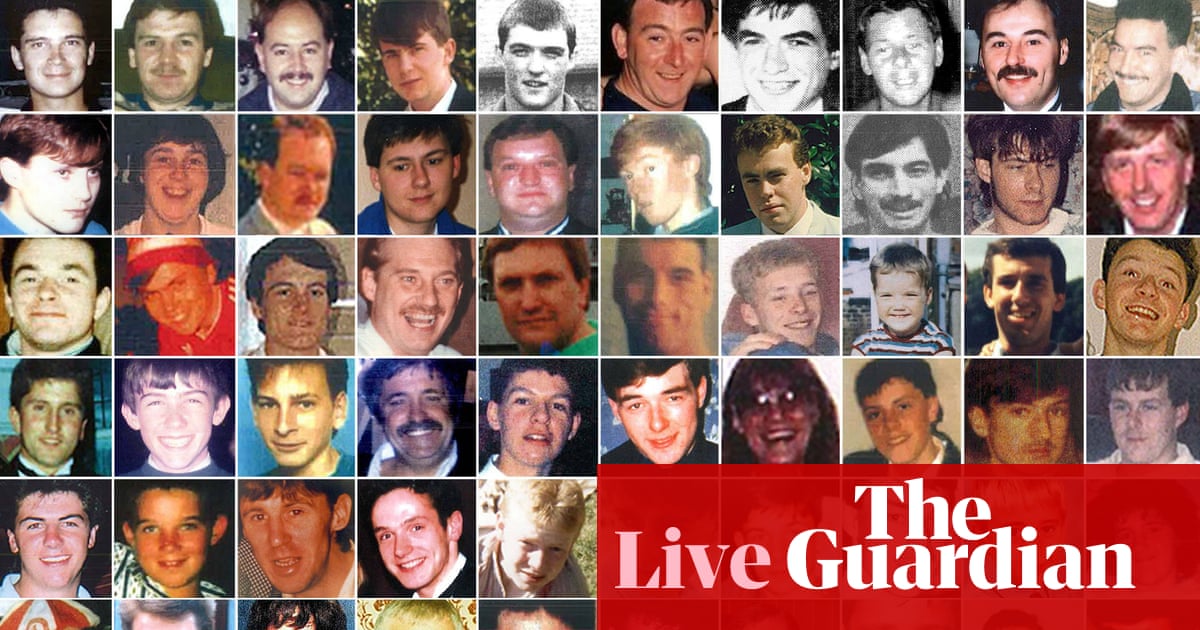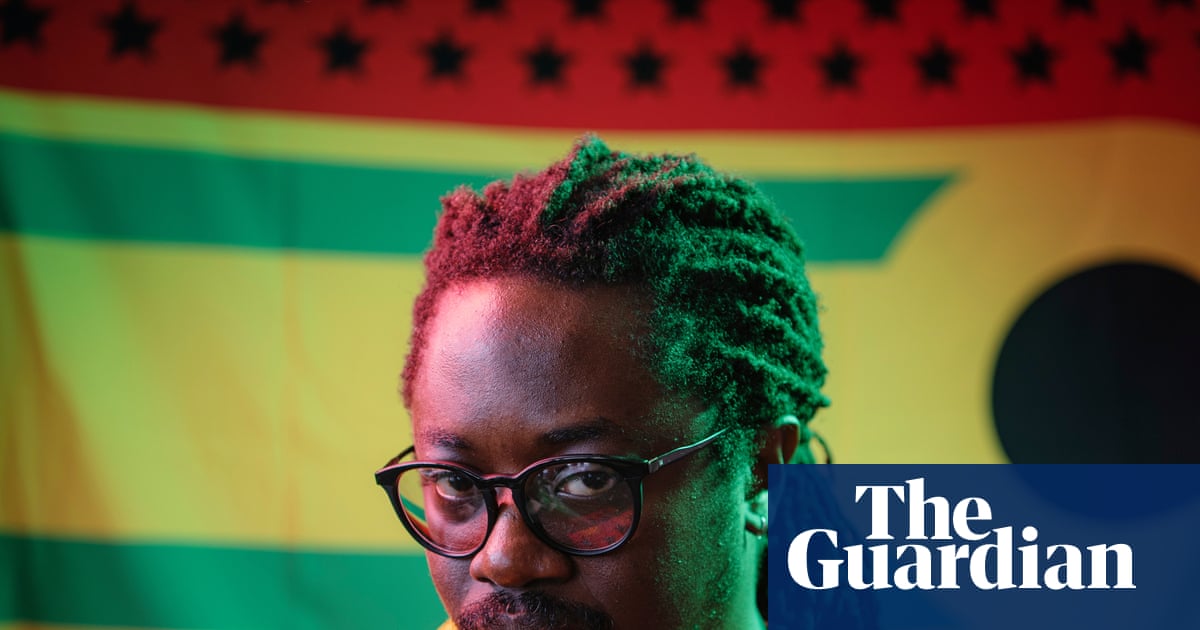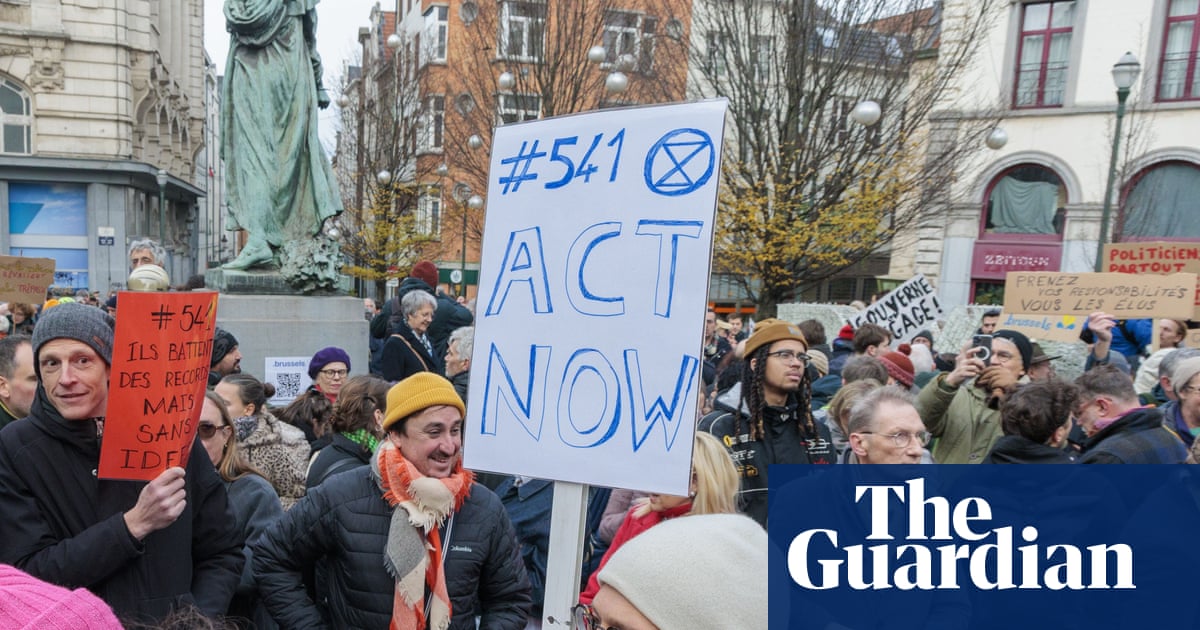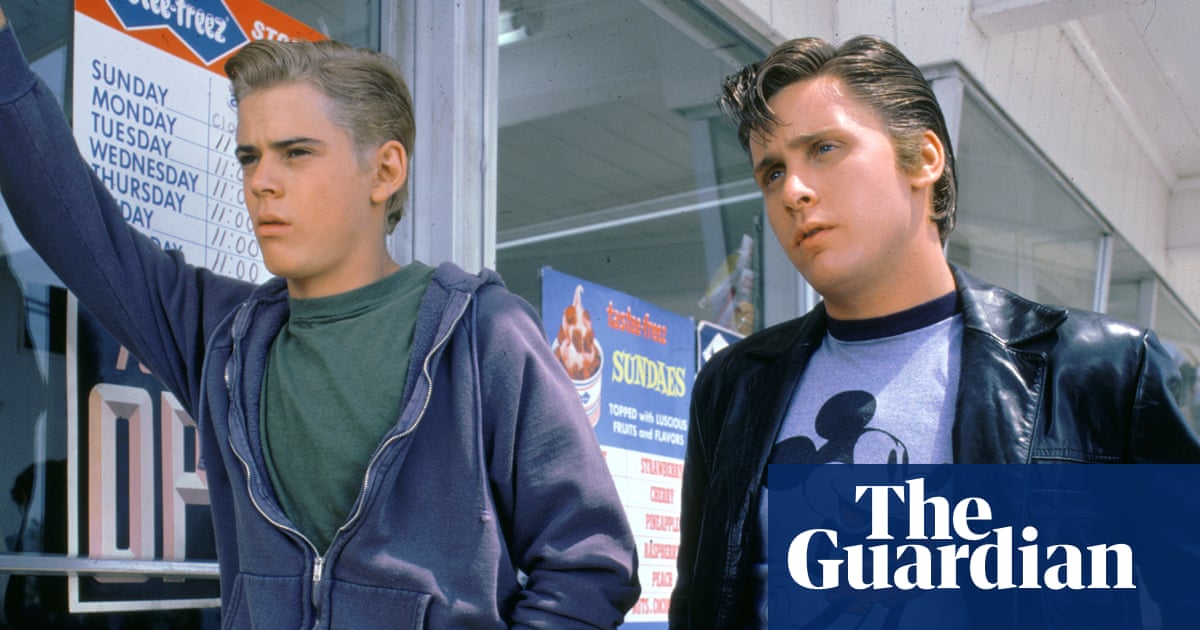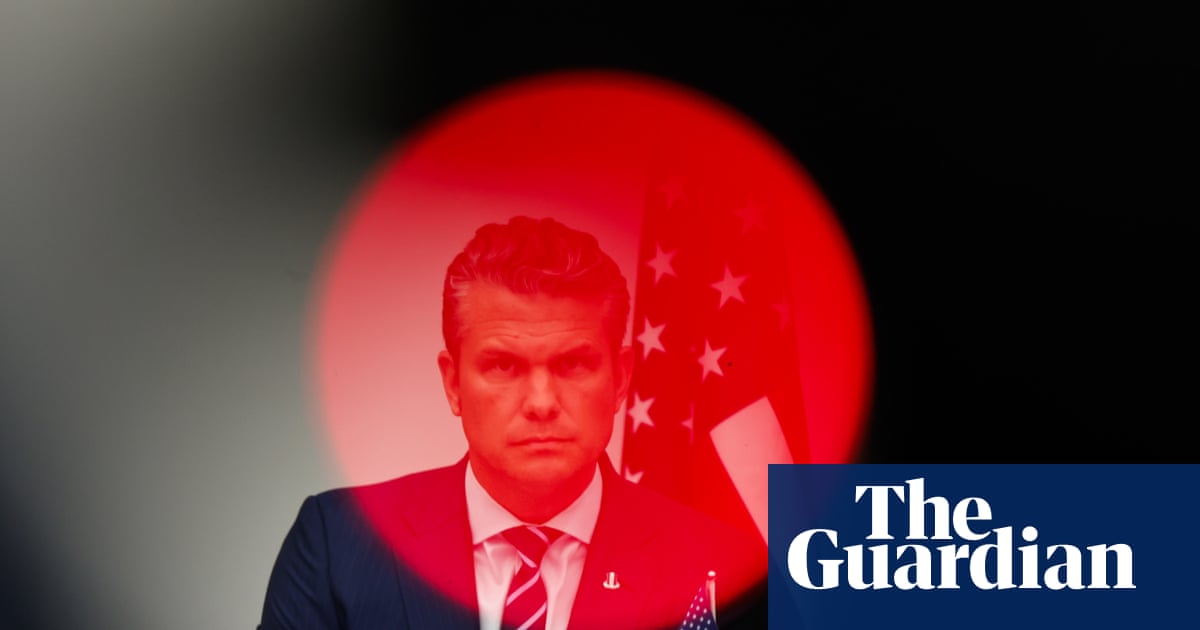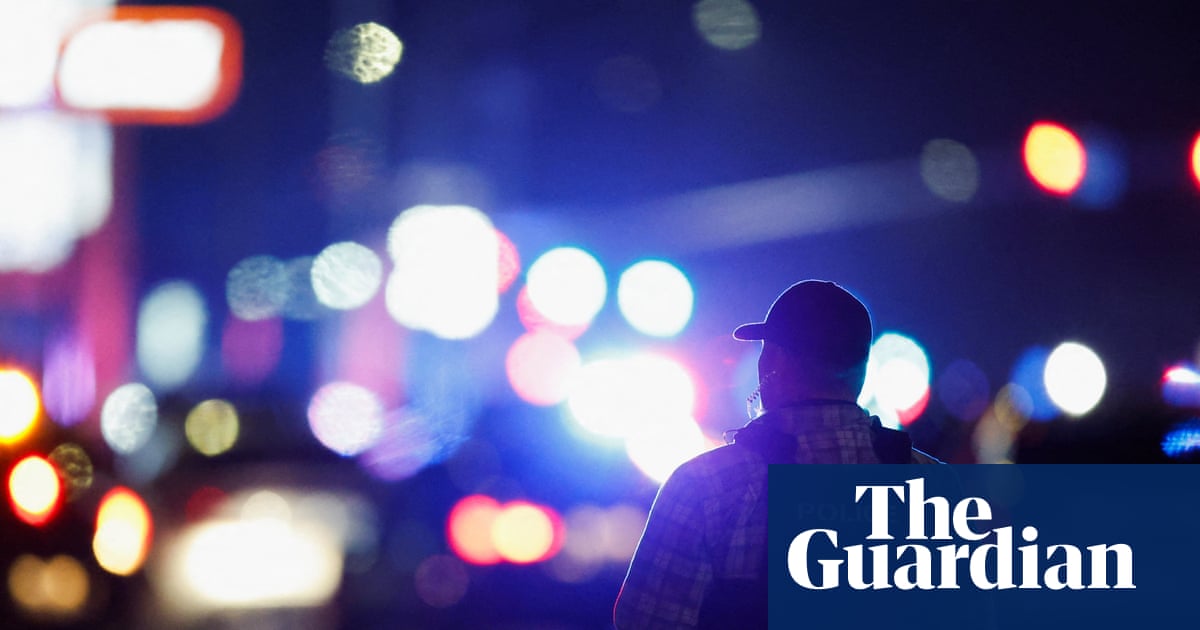Football is deeply woven into the fabric of society, so perhaps it is no surprise that at Kick It Out we have seen a rise in reports of discrimination since the summer. The recent protests in central London show many more people are becoming nationalistic and want firmer action against immigration. People from ethnic minorities are being targeted with abuse.
Debate may continue about why people turned out to march with their Union Jacks and St George’s flags. But we can’t hide from the fact that the far-right has a historical link to football hooliganism, and we know there have been signs of it becoming more apparent at football this season, leaving the communities that we serve feeling vulnerable.
We’ve had reports of “Unite The Kingdom” banners and merchandise being displayed at games, songs in support of Tommy Robinson, others shouting “Stop the boats” and increased sightings of fascist stickers at grounds this season. It serves as a reminder that discrimination is not just a statistic but a lived reality shaping how people feel in football spaces and wider society.
Last season a record number of incidents and reports were submitted to us, which illustrates two key points. One, discriminatory behaviour is going only one way, which has been the case for the past five seasons; and two, there is a greater willingness to report this behaviour.
Those steady rises have cranked up this season, with reports to us since July almost double the number from two of the previous three seasons. It’s by far the biggest increase we have seen for five years. Much of that is online abuse, but we have seen rises in the professional and grassroots game, too, and the impact is real.
Jess Carter received racist abuse on social media on the way to winning the Women’s Euros with the Lionesses in July, and as she explained so well, for every case there is a victim. But we have also seen a willingness among victims, allies, clubs and football bodies to stand up to discrimination, matched by their desire for accountability.
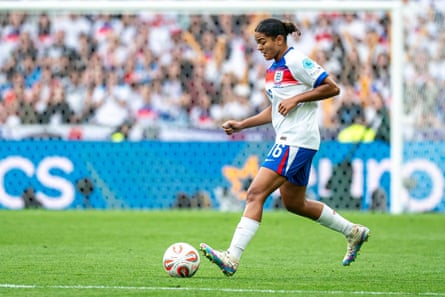
Jess highlighting the abuse she suffered took huge courage, and she has since said she wishes she had done it sooner. Two people have been arrested in relation to that case.
Bournemouth’s Antoine Semenyo stood up to racism in the heat of the battle at Liverpool in August and then produced a man-of-the-match performance. A man was ejected and arrested. In this instance, it appeared the protocol worked.
Three matches have been abandoned this season where players from Salford City, Sporting Khalsa and Tividale were unwilling to tolerate abuse any further. In each case, their clubs backed the players to not return to the field.
In Sporting Khalsa’s case, fans from the opposition team – Hereford – were reported to have racially abused the goalkeeper Ravan Constable in the FA Cup second qualifying round. Hereford were quick to ban two fans, and an investigation is ongoing. In the club’s next match, at home to Worksop Town, their supporters made their anti-racism stance clear with banners and red cards for racism.
Ensuring that everyone stands up to discrimination is one of four goals we set when we launched our new five-year strategy, Football United, on 4 September. The name serves as a metaphor on two counts. Under pressure from prevailing winds in society or fans who want to tarnish the game, we must remain united in our condemnation of all forms of discrimination. But we must also ensure that we are united in how we tackle it.
The support for Jess Carter, the coordinated response to abuse aimed at Antoine Semenyo and the actions of Hereford have shown the unity we need. But there is one particular systemic action where football could be more united.
At Kick It Out, we offer a transparent reporting system where, every season, we show how many reports of incidents we receive for professional football, grassroots football and online. But we’re an outlier. So while we can show a snapshot of the situation, we don’t have the full picture across the whole of football.
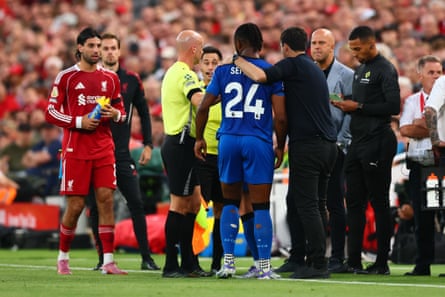
Football is a data-led industry, but reports of discrimination from other bodies are not made public. We want them to be shared, so everyone can see the full picture, we can coordinate together on next steps and, ultimately, measure outcomes.
Why is that important? Because people want more to be done. They want to know whether current measures are working. Are bans strong enough? Do they help in the long run? What role does education have when offenders can take their peers on a similar journey? Those are the answers that football, collectively, should be able to supply by sharing its data.
The day after the game at Anfield, Semenyo said what happened would stay with him forever – “not because of one person’s words, but because of how the entire football family stood together … Football showed its best side when it mattered most.”
As society continues to shift politically, we are likely to see more of those moments in the near future. Football needs to continue showing its best side and unite further to protect and celebrate the diversity that makes it so strong.
Samuel Okafor is the chief executive of Kick It Out

 2 months ago
47
2 months ago
47
